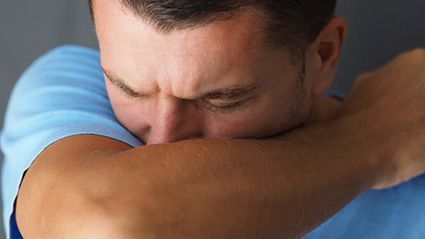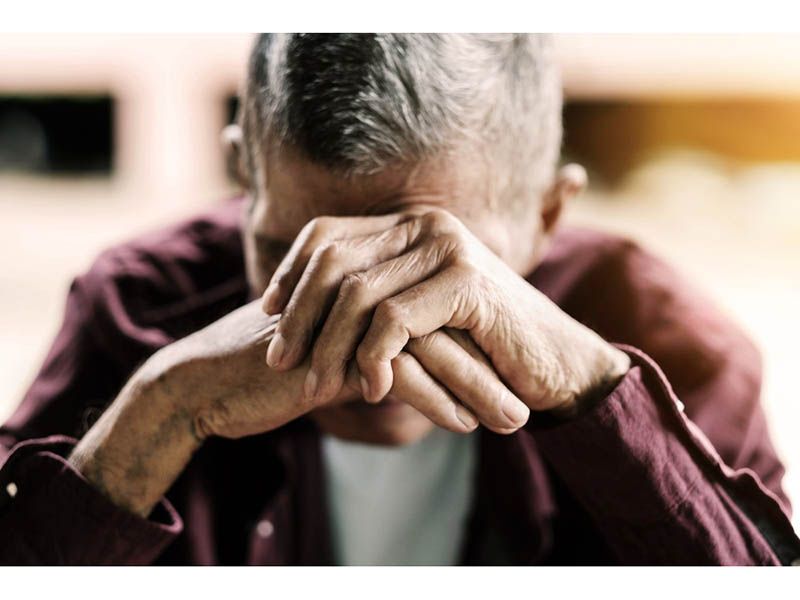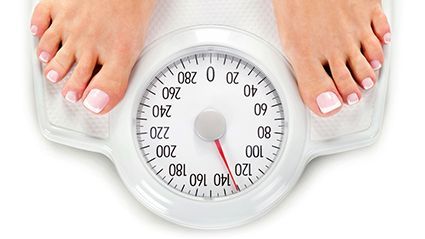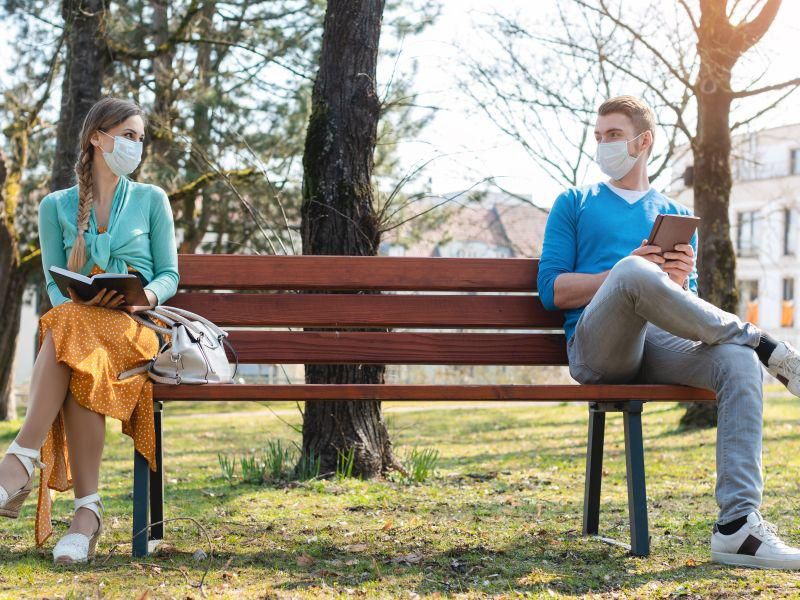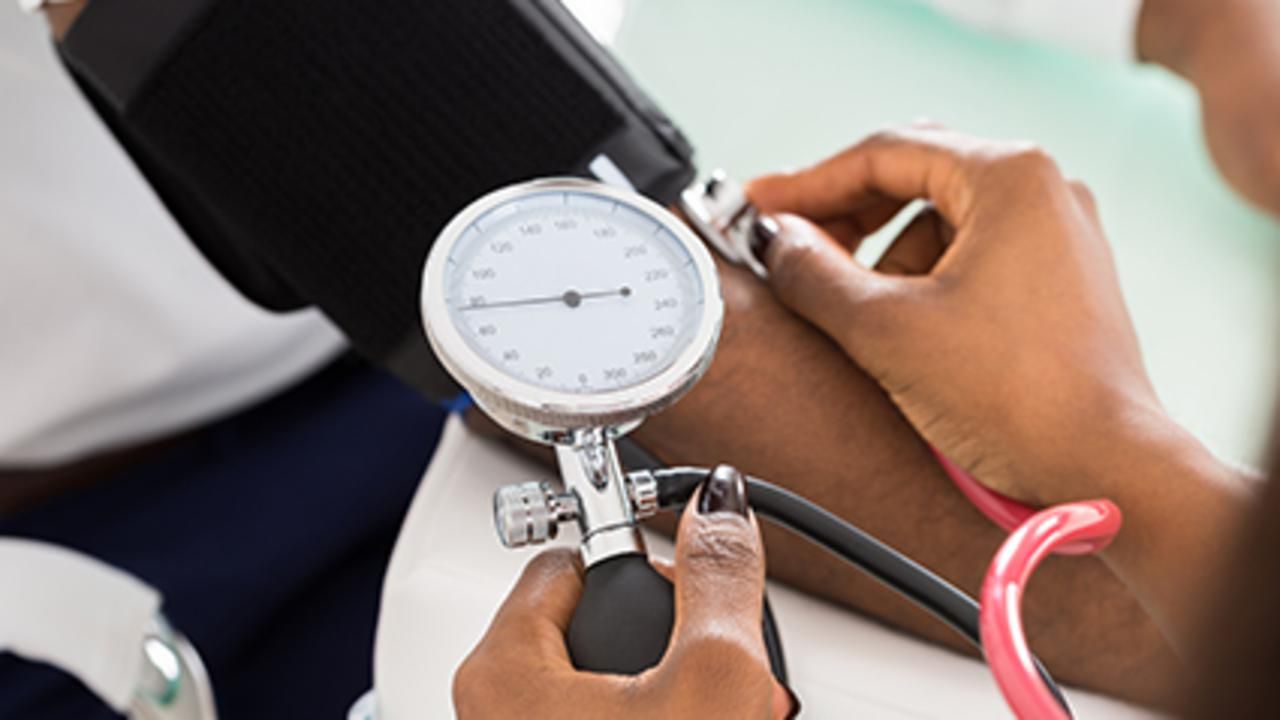
Older men whose blood pressure rises at night may be at increased risk for Alzheimer’s disease, a new study suggests. Blood pressure changes over 24 hours. It typically goes up during the day and dips at nighttime. But some people have an opposite pattern, which is called reverse dipping. “The night is a critical period… read on > read on >










